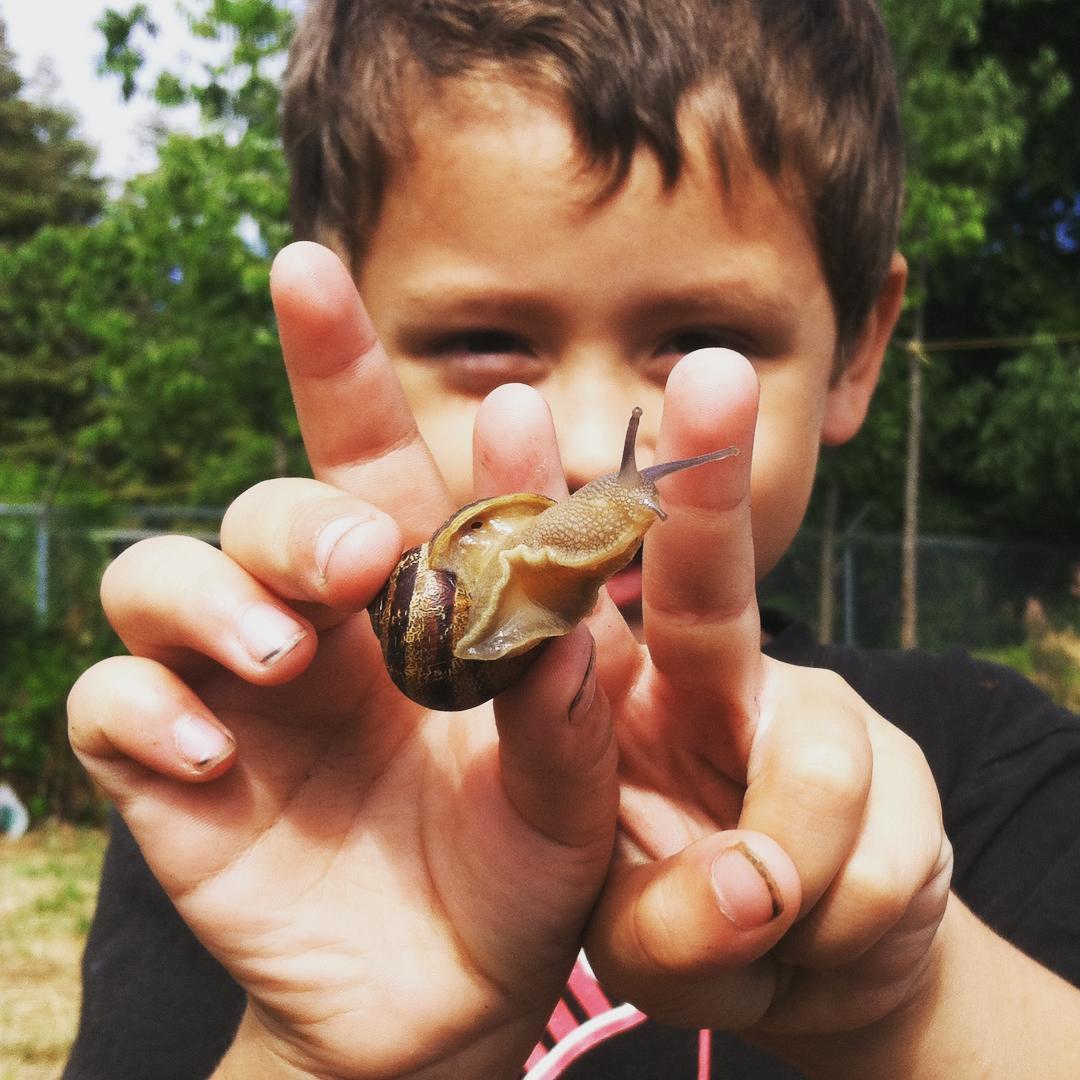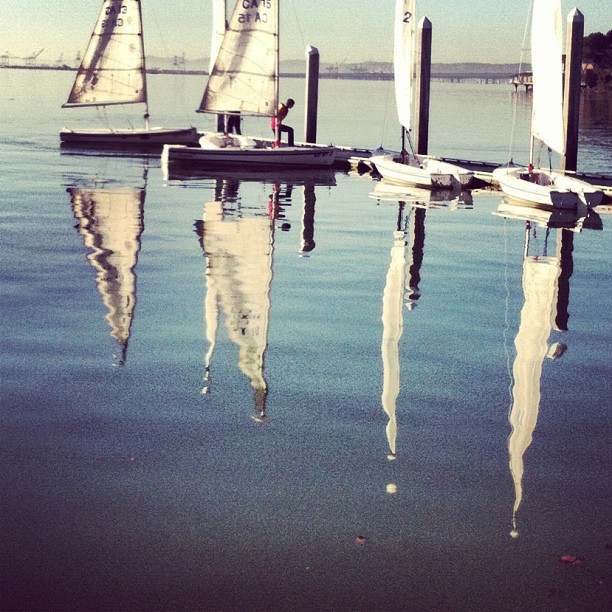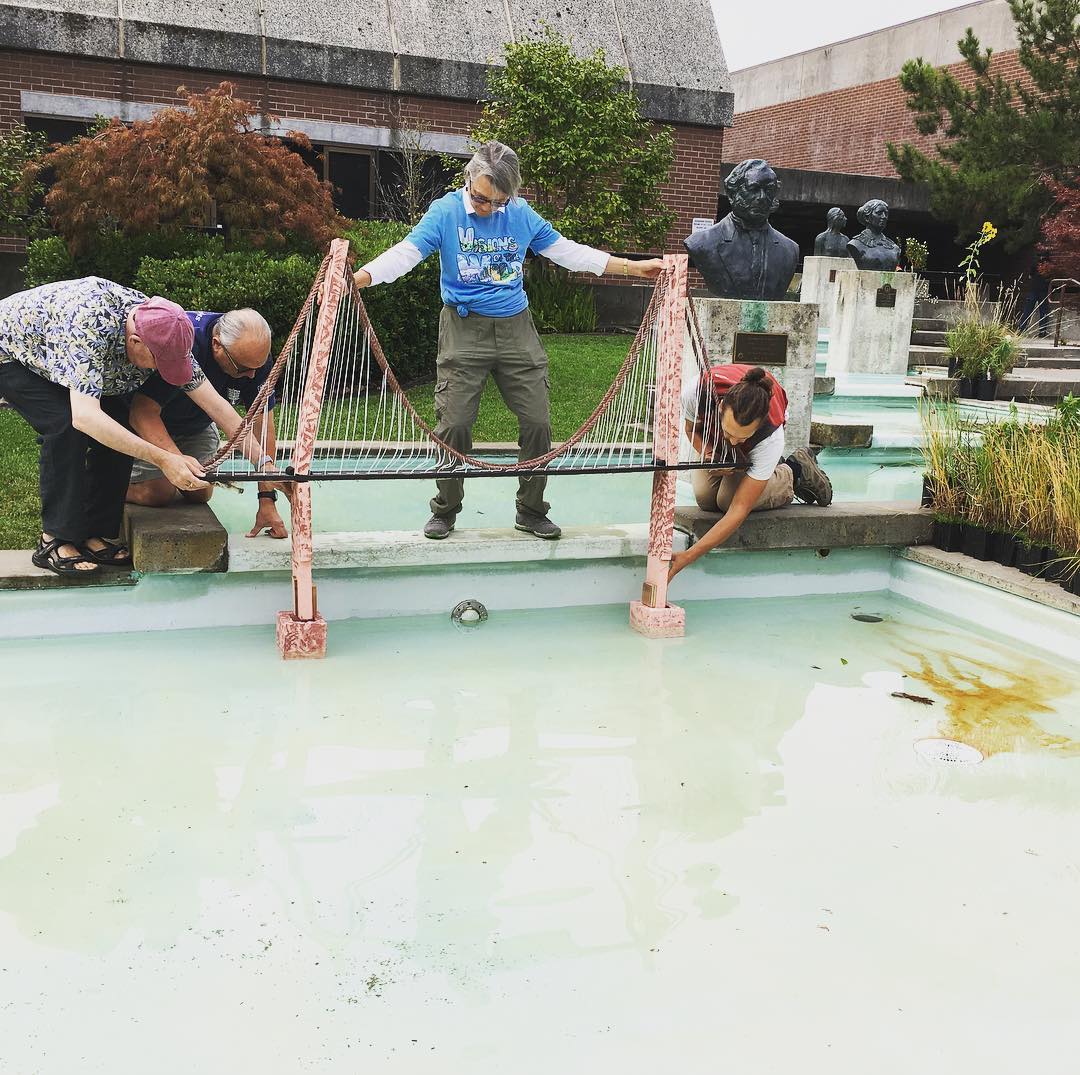education
Evolutionary thriving entails that organisms find their ways in existing life-worlds or innovate new ones; it also often involves stunning cooperation. Education can help. All organisms learn throughout their lifetimes and humans are gifted students. I’ve facilitated human learning in the following, interconnected fields:
ecoliteracy

Among educational priorities, ecological literacy needs to be ranked with or above literacy—both oral and written—and numeracy. Understanding the basic principles of ecology and living by them is as important for success as everyday literacy skills like correctly reading and following road signs, or numeracy like tracking and keeping an acceptable sum of money in a bank account. The quality of this education directly impacts individual and collective health.
I helped students study and apply basic ecology through gardening and cooking. Cohorts learned that what one organism considers waste material, another eats as food; that matter such as water, carbon, and nitrogen cycles through living systems; that the sun powers these cycles; that diversity can help safeguard an ecosystem from collapse; and that organisms collaborate and compete with one another. We tended compost piles, grew thousands of pounds of food, and made delicious recipes. I taught in schools, community centers, and shelters, working with hundreds of participants of diverse ages.
adventure

I facilitated with UC Berkeley’s “Cal Adventures” for several years. Participants developed mind-body and social coordination skills, and ecoliteracy through sit-atop kayaking, stand-up paddleboarding, high ropes challenge courses, teambuilding games, meditation, and nature-walks.
wilderness

I’ve taught extensively about wilderness from within a city—after all, legal wildernesses were designed as counterparts to modern cities. The two depend on one another. The residents of cities provide fiscal and political resources to governments that construct wildernesses, and wildernesses provide ecosystem services—including some psychological ones—to residents of cities. I worked on refiguring that design so it functions more equitably among humans. Below, I’ll discuss wilderness, my roles, and what inspires me. Note: I write as an individual and not at all as a representative of the United States government.
In 2014, I helped the United States Forest Service (USFS) mark the 50th anniversary of the signing of the Wilderness Act, and the Civil Rights Act which also passed in 1964. I served as a ranger in the first ever urban Ranger Station and a coordinator for the inaugural Visions of the Wild Festival, both in Vallejo, California. Vallejo houses one of the ten USFS regional offices and is considered the most racially diverse city in the United States. After a year, having learned what an administrative strain contracting with the federal government placed on my small business, Little Bird Gardening, I chose to volunteer with subsequent Visions of the Wild Festivals and the eventually-Mobile Urban Ranger Station. Volunteering felt more sustainable. I continued until I moved from Vallejo in 2018.
The Vallejo community and Festival visitors worked and still work toward education and empowerment. Just like democracy, wilderness began with deep injustices: their histories include exclusion, erasure, and endangerment along race, class, nationality, and gender biases. At the Festivals, leaders such as Ohlone activist and Chair Corrina Gould, Winnemem Wintu Chief Caleen Sisk, author Audrey Peterman, and Outdoor Afro founder Rue Mapp presented films, talks, and keynote lectures. Families met trekking mules, went kayaking, helped firefighters cut logs as if preparing for a wild burn, and toured a giant, inflatable salmon. We built culture around remembering history and keeping respectful relationships with ecosystems.
In the keynote address to the first Festival, Corrina Gould reminded the audience that Chocheno speakers had no word for wilderness, nor a particular need for one, “because it was everywhere” prior to colonization. Indeed, the Wilderness Act legally designates land that will remain “untrammelled by Man.” To trammel means to restrict or impede the free action of something. Gould pointed out that many ecosystems in North America flourished with human versions of ecosystem engineering for thousands of years, blessedly untrammelled: no mass clear-cutting, no paving, no strip-mining, no swamp-draining, no toxin-dumping, no rampant fire supressing. No mass murdering and excluding people who tend the land. Wilderness, everywhere. Today, the Wilderness Act offers one tool available for the coordination of healthy communities. Ecosystems and civil rights still require further care. I work and hope for communities to nurture autonomy and interdependence: that wilderness.
systems thinking

I presently facilitate a study group for Capra Course, which uses The Systems View of Life as a textbook. This undergraduate level class covers the biological, cognitive, social, and ecological dimensions of life and highlights some of their implications for economics, design, spirituality, law, and politics. It advances ecoliteracy. As a facilitator, I help students from diverse intellectual backgrounds integrate the interdisciplinary material, including the conversational fluency in mathematics, physics, biology, and chemistry.
Each season, students study in four languages, in about twelve study groups, in dozens of countries. They join a global network of over 3,000 alumni.
Over time, I developed a theme for my study group: "Breath of Life." Breath offers an intellectual metaphor and a somatic practice. It becomes an easy guide through the intricacies of metabolism, mysticism, community, and climate.
Enrollment is now open for Fall 2024, with tiered pricing as well as scholarships available to make the course widely accessible.
I wish my participants all the best as we work to build worlds of mutual flourishing.